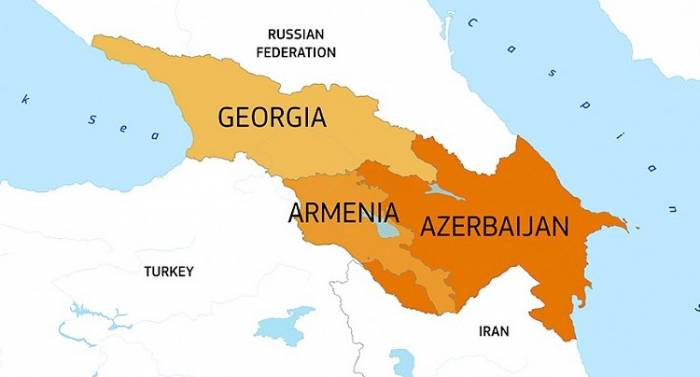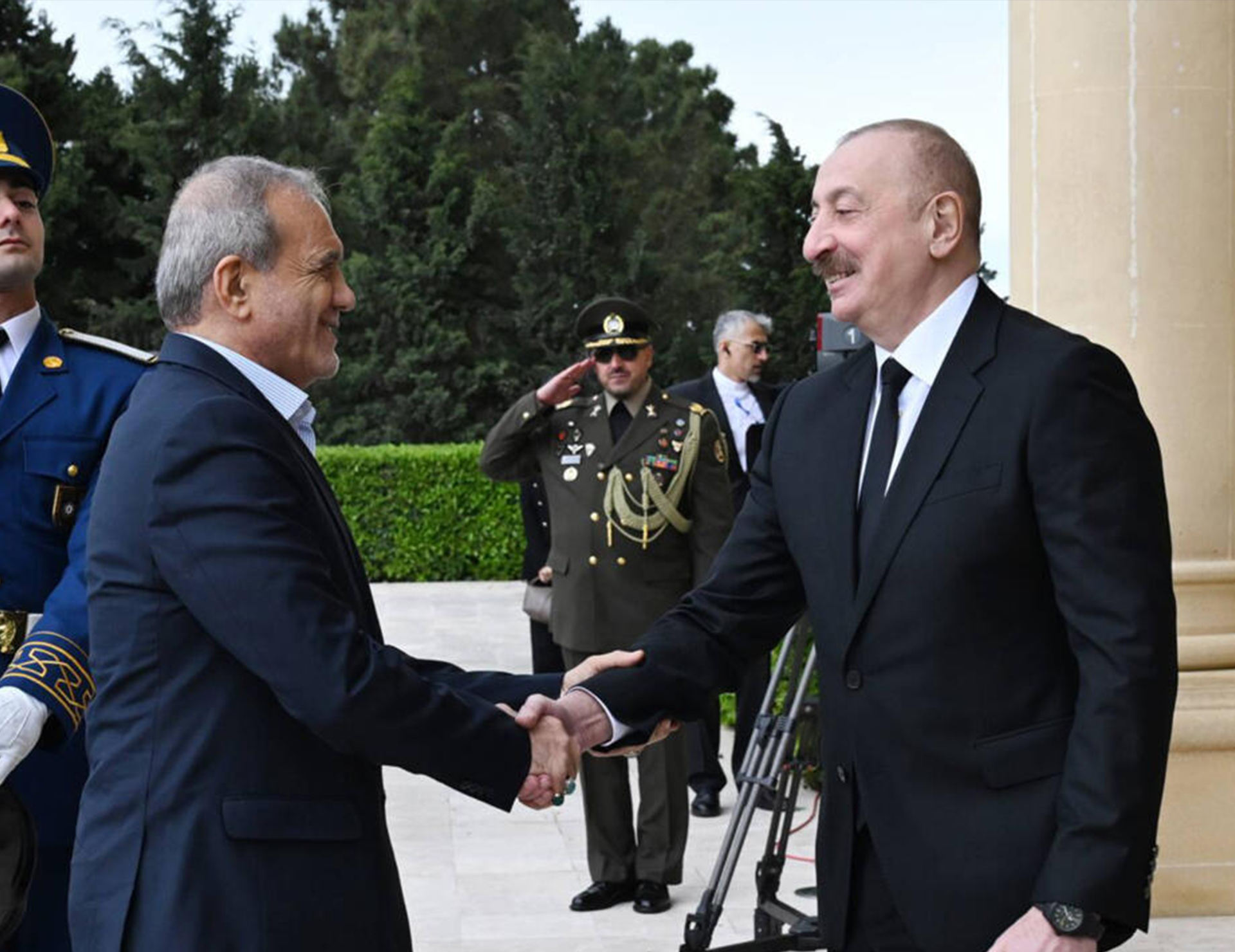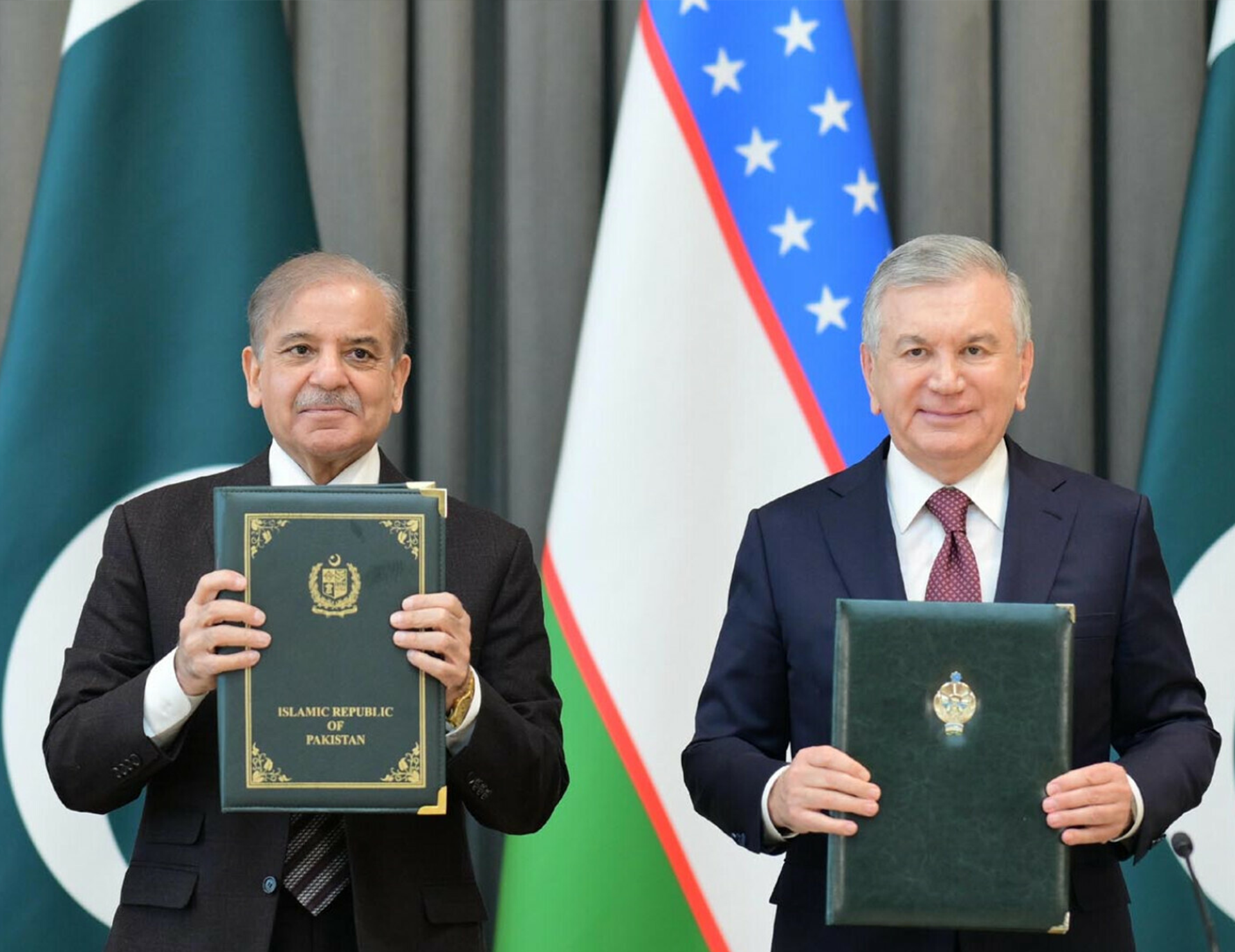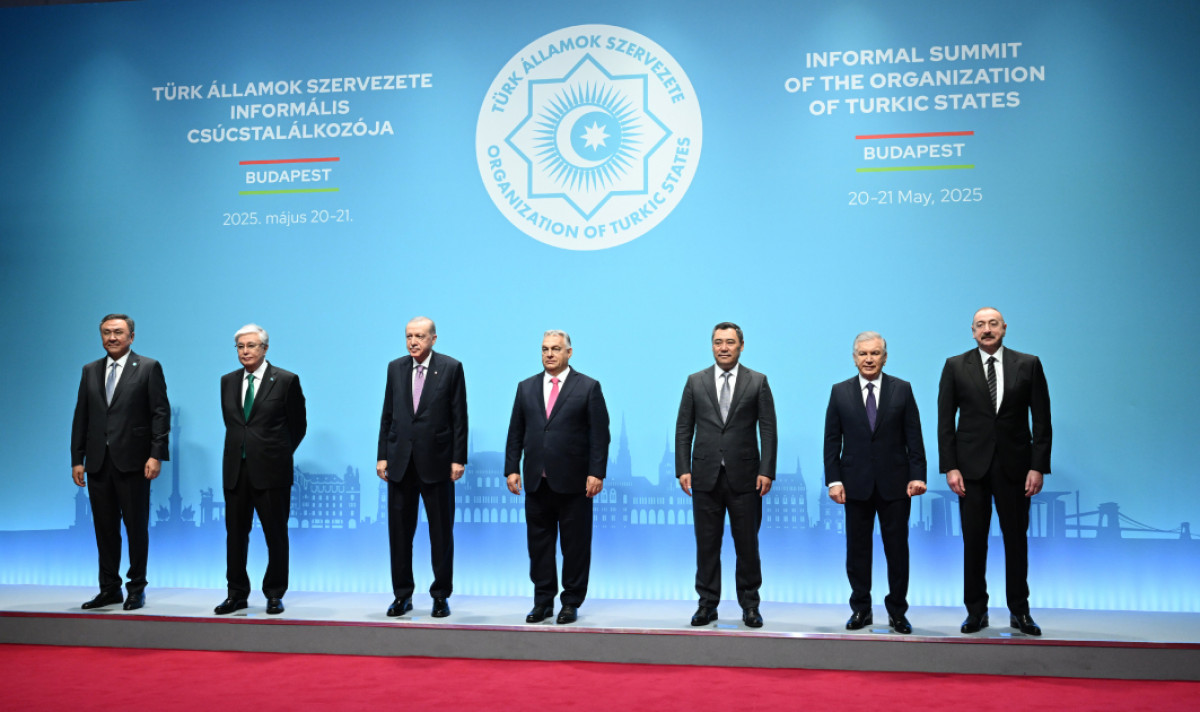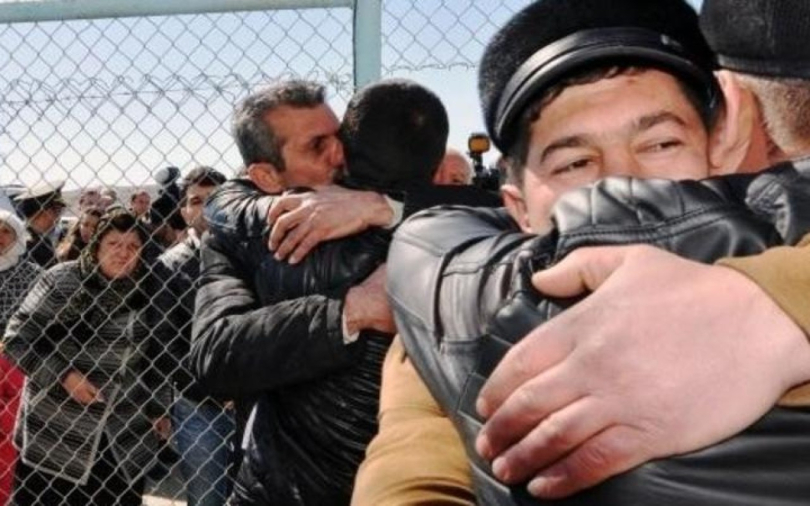The foreign policies of the architects of the ‘rules-based’ world order, primarily the United States and leading EU member states like France, have for decades been associated with the practice of ‘intervention.’ This includes both direct military interventions and the use of soft power.
Today, however, countries are increasingly vocal in their unwillingness to allow such interference to disrupt the natural course of their domestic political processes. This applies to a broad range of actors, with a clear example being Azerbaijan’s reluctance to accept third-party involvement in its peace negotiations with Armenia. This is a key dilemma that continues to unsettle geopolitical analysts—what was supposed to be a just and rules-based order appears to have descended into anarchy, where powerful states openly manipulate principles such as non-intervention in the domestic affairs of other states.
The South Caucasus is one of the regions suffering from such ‘over-reach,’ a practice that can be defined as ‘excessive engagement’ with a particular country under the slogan of diplomatic contacts while deeper geo-strategic goals are being met. Current regional dynamics suggest that external, one-sided interference could push the diplomatic agenda toward an unnecessarily hostile and polarized reality.
The South Caucasus, more precisely Azerbaijan and Georgia, are calling for a new regional cooperation platform that ensures ongoing and newly arising matters remain exclusive to the countries in question. Recent dynamics suggest that previous initiators of mediation efforts lack any kind of credibility to continue their contributions to the regional agenda. The clearest example is France, which, ever since the conclusion of the Second Karabakh War, has adopted a clear anti-Azerbaijan position for both domestic and geopolitical reasons.
Elsewhere, Donald Trump will almost certainly prioritize maximizing American interests rapidly and efficiently through transactional and periodic cooperation. This is already evidenced by the sudden dismantling of support for the budget of the United States Agency for International Development (USAID). Despite being portrayed as a well-intentioned, ‘development-pursuing’ agency, USAID’s activities have long been a subject of debate in recipient countries. A recent example is Slovakian Prime Minister Robert Fico’s declaration of support for Elon Musk’s initiatives as ‘government efficiency’ minister.
According to Fico, USAID was facilitating the diffusion of non-official support networks that sought to destabilize the domestic political scene by generating high levels of support for pro-EU or pro-American parties. This, according to the Prime Minister, undermines the integrity of the political arena as it interferes with the right of a country’s population to independently make decisions within its sovereign territory. The Prime Minister has, in fact, requested detailed information about the exact destinations of the money allocated by USAID within Slovak civil society. If one were to adhere to the president’s logic regarding the general ‘needlessness’ of conflict, it would be reasonable to expect an administration that does not obstruct long-term peace.
Moreover, given Azerbaijan’s significantly strengthened position since the end of Trump’s first presidency, the 47th president will likely seek closer engagement with Azerbaijan while distancing himself from his predecessor’s largely pro-Armenian policies. The rapidly evolving military and economic alliances that Azerbaijan has skilfully bolstered with both Türkiye and Israel mean that certain circles in the USA that spontaneously decide to target Baku by supporting dangerous sentiments in Yerevan would almost definitely be met with Turkish and, most crucially, Israeli disapproval. Such an outcome, however, would not satisfy an American president who takes particular pride in highlighting the conflict-minimizing and peace-making nature of his foreign policy endeavors. As the American approach to targeted engagement—highly dependent on Trump’s personal relationships with other leaders—takes shape, the EU and its leading foreign policy representatives are likely to persist with their ongoing ‘peace initiatives.’
Unfortunately, the EU’s foreign policy apparatus is increasingly outright in supporting Armenia despite simultaneously benefiting from its economic ties with Azerbaijan. The Azerbaijani side has major concerns that the European Union’s Monitoring Mission in Armenia (EUMA) is actually delaying the peace process and emboldening revanchist groups in Armenia. Moreover, Azerbaijan is skeptical of the extent to which an organization like the EUMA can remain autonomous in its ability to act on behalf of the whole European Union as opposed to a few powerful member states. After all, it is a well-known fact that French military officials have directly engaged with the mission on more than one occasion. Given the Macron administration’s unfounded anti-Azerbaijani stance, this could significantly undermine the current peace process.
In conclusion, should developments continue to follow the current course, this new period of international affairs will be characterized by increasing regional leadership, with new regional cooperation structures that come up with ‘regional solutions’ to ‘regional problems.’ As suggested by President of Azerbaijan Ilham Aliyev in a recent interview, the previous era characterized by “interference, domination, and dictation” from specific ‘powerful’ countries only resulted in endless conflict and confrontation. Although achieving long-term global stability might appear overly optimistic, it is evident that only through such structural rejections of previous tendencies can eventual change be possible. Most importantly, the achievement of global peace calls for collective contributions. However, if these contributions are not mutually inclusive and remain overly unilateral, peace and stability will remain unattainable. Ironically, as the US reassesses its international engagements, Washington will likely be the driving force behind this shift.
https://news.az/news/-external-interference-the-main-destabilizing-factor-in-the-south-caucasus

